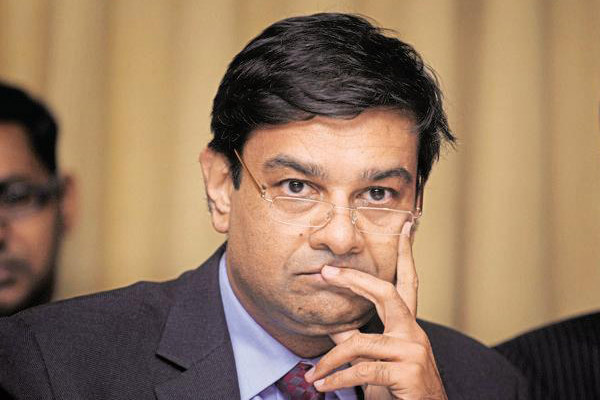“Since I have served as both RBI governor and as finance minister, I would like to see the two institutions work in harmony… I know the importance of RBI. Its autonomy should be kept intact” – Dr. Manmohan Singh
“The Reserve Bank cannot just exist, its ability to say “No!” has to be protected,” – Raghu Ram Rajan
“…the autonomy of the RBI — that is a very fundamental fact and we have to maintain it and I hope the government would give attention to that part also,” Bimal Jalan
“To be very frank, my own suspicion is that the institutional identity of the RBI has been damaged…” – Y V Reddy
The above statements by former Reserve Bank of India (RBI) governors concerning the eroding autonomy of the central bank has been widely debated. The new dent to the central bank’s credibility is the not so well planned demonetization move.
Urjit Patel in the parliamentary committee meeting declined to provide any figures for how many of the banned notes had been deposited into the banking system and he did not provide clarity on when the cash situation would become normal. In a tailored response RBI governor communicated that 9.26 lakh crore of new currency notes are infused into the system and 15.4 lakh crore was withdrawn from the system. He cleared the air that the government has been discussing note ban with RBI since early 2016.The central bank has infused around 60 per cent of the total banned currency notes after demonetization.
The RBI employee’s union in a letter to Urjit Patel protested against operational mismanagement of the demonetization exercise and the government’s bid to intrude on its autonomy by engaging an official for currency coordination. Governor has informed his colleagues that any effort to demean the reputation of the central bank permits ‘zero tolerance’. Ironically, he also asked RBI employees to guard the integrity of the institution, when he injured the institution the most. In the letter, the union stated, “Apart from showing RBI operations and its gigantic performance in poor light, the government now blatantly encroaches on its jurisdiction.”
Preserving RBI’s autonomy has been pursued over decades by successive governors. It’s imperative that the law that governs the imperial bank doesn’t allow for true independence and Central government will direct it when needed. The finance ministry in its statement said “Consultations mandated by law or as evolved by practice should not be taken as infringement of autonomy of RBI,”
Additional injuries have been self-inflicted. The bank suddenly stopped issuing weekly data on how much money was being returned. Even the past data was removed from the RBI website. The only data available is from the whistleblowers all of which sounded way too much. Eventually RBI had to deny all the reports and even today makes the statement “still counting the number of notes returned”.
There is no answer for the question of how long will it take to remove the restrictions on withdrawal of money from people’s own accounts. RBI has not released any fresh data after the finance ministry’s objection. The governor’s job is to protect the RBI’s reputation, not the government.
The soft spoken RBI governor was rescued by Man Mohan Singh from a severe grilling by the parliamentary standing committee. While the former Prime Minister understood Urjit Patel’s stance, but it’s time for him to become outspoken. RBI Governor who is considered as the hawk on inflation is known to avoid the limelight. Transparent and credible data will likely reveal that facts about demonetization. Protecting RBI’s autonomy is a challenging and delicate task. It would be wise for the governor to stand up RBI, instead of acting at the behest of the government.
























